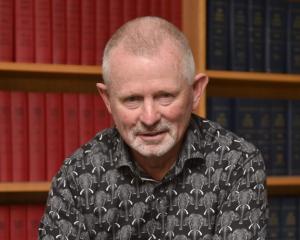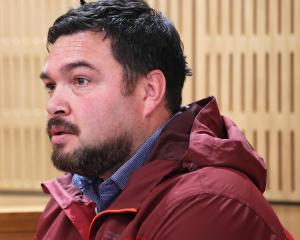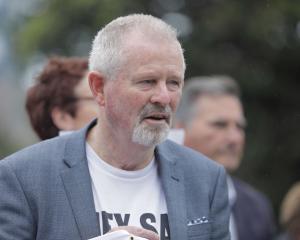A coroner has slammed the investigation into a Gore toddler’s death as “a shambles” and ordered a new police inquiry.
Three-year-old Lachie Jones was found dead in an oxidation pond 1.2km from his home on January 29, 2019 and it was quickly written off by police as a tragic drowning.
But the boy’s father Paul Jones has always vocally challenged that hasty conclusion – and today when Coroner Alexander Ho released his 162-page findings at the Invercargill courthouse, he was effectively vindicated.
“I originally intended to conclude by saying that Lachie’s death, and the events that followed it, were unsatisfactory in many respects. On reflection, I considered that to be an understatement,” the coroner said.
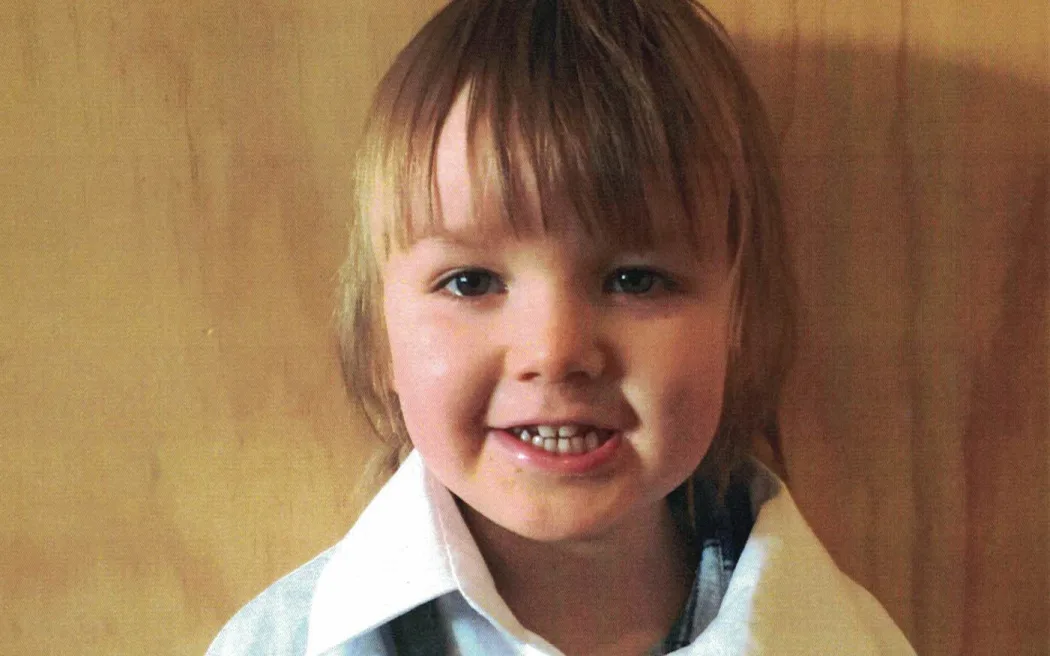
Even after two police investigations and a coronial inquiry which lasted several weeks, and heard from numerous witnesses, the coroner said there remained unanswered questions about the circumstances of the boy’s death.
After pointing out a slew of deficiencies in the police work, he said there was clearly merit in a third inquiry.
“It is ultimately an operational matter for the police to determine how and by whom any re-investigation should be conducted. However, had I the power to do so, I would require that any re-investigation be led by an experienced officer from outside Southland District. It would be beneficial for a fresh lens to be applied to the investigation and any conflicts of interest minimised,” the coroner said.
“It is to be a full and fresh investigation.”
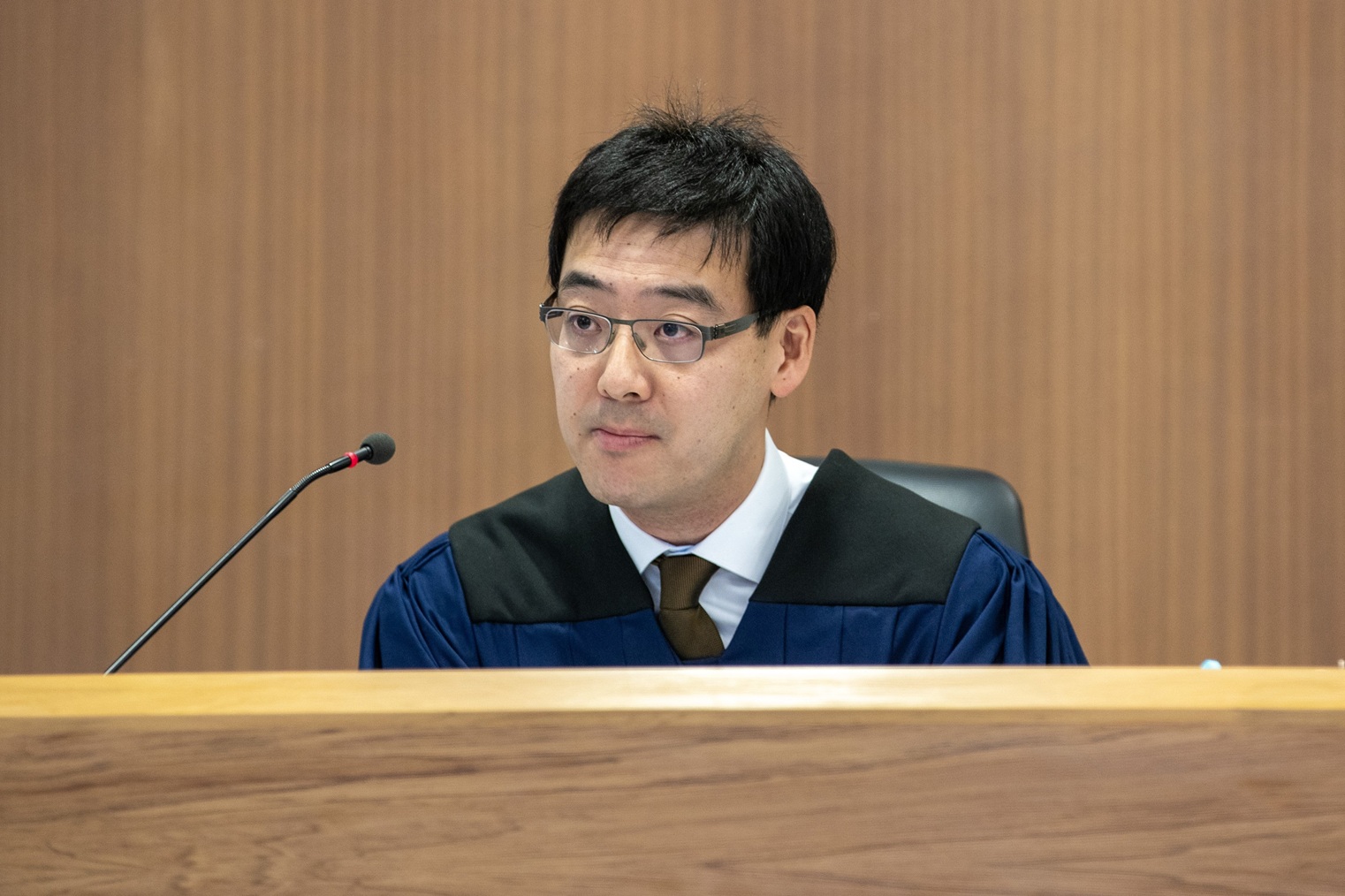
In the lengthy written findings, the coroner was critical of several key witnesses but repeatedly stressed there was no evidence pointing to a conclusion of foul play.
Lachie was picked up from pre-school by his mother Michelle Officer on the afternoon of his death, she did some work, picked up her then 16-year-old son Jonathan Scott and they returned to their Salford St home.
She bought pizza for dinner and described briefly helping Mr Scott with his home-gym workout before finding her toddler had escaped the house in a soiled nappy.
After rushing out to get him, Ms Officer described stopping at the home of nearby resident Debbie Thurston.
After the pair spoke, she said she realised Lachie had scarpered again, and panic ensued as the frantic search began.
The coroner was satisfied Ms Officer did not cause her son “direct harm”, resulting in his death, but was scathing of her evidence.
“I do not think that she told the whole truth in the witness box as she took an oath to do,” he said.
The coroner said she attempted to portray herself as an “overly virtuous caregiver”, which denied her answers the ring of truth.
She was not alone.
The coroner said there were also “troubling” aspects of Mr Scott’s evidence.
He gave wavering accounts of his knowledge of the oxidation ponds and offered an inconsistent account of his movements to police in the aftermath.
Only on the eve of the coronial inquest did Mr Scott admit withdrawing $50 from an ATM and buying cannabis on the night of his half-brother's death.

The coroner stressed it did not necessarily reflect a propensity to lie, nor did it prove the man was involved in Lachie’s death.
The coroner also considered Ms Thurston’s testimony unreliable.
She said she did not see Lachie in her kitchen immediately before his disappearance but had heard him moving around.
However, the coroner was “uneasy” about accepting her evidence, since it may have simply echoed Ms Officer’s.
Consequently, he did not accept, on the balance of probabilities, that Lachie had been at her home.
“This leaves open a range of possibilities about the care and supervision of Lachie that evening which, in my view, would benefit from further exploration,” the coroner said.
Six Salford St residents who reported a boy running along the street towards the oxidation ponds before dusk, while varying in detail, he said appeared consistent.
Though there was an “innate sense of improbability” that the barefoot 3-year-old would run that distance in dirty nappy, on uncomfortable terrain and scale a small fence to a place he had never before been, the coroner said it was the most likely scenario.
How Lachie died though was inconclusive.
The pathologist who examined his body did not perform a full post-mortem as directed by the duty coroner.
As such, it could not be confirmed Lachie drowned.
“I exercise extreme caution in relying on anything in the post-mortem report . . . as establishing a pathological finding to the required standard,” the coroner said.
He noted the pathologist was no longer registered to practice medicine in New Zealand and ordered his findings be sent to the Medical Council “to make an informed decision about any registration and practice application . . . in the future”.
Though the Independent Police Conduct Authority had reviewed the two police inquiries and opted not to take the matter further, the coroner also ordered a copy of his findings be provided to it, to highlight the investigative shortcomings.
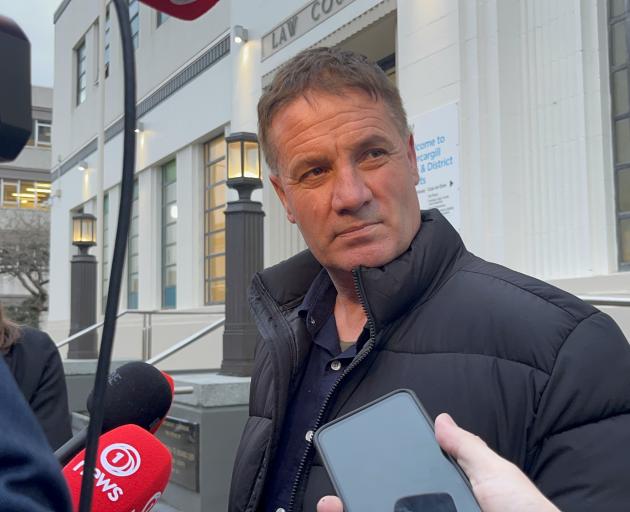
Depending on what that yields, the coroner may close the case, direct further hearings or issue updated findings.
“I am not convinced that we have heard the entire truth about the events of 29 January, 2019,” he said.
Speaking outside court, Lachie’s father Paul Jones said he was "rapt" with the coroner's findings.
"The coroner's now justified me saying that the two police investigations were complete shambles," he said.
He said he did not have much faith in the police going into the third investigation, and that today did not bring him any sense of closure.
"It's just given me a whole lot of lies and a whole lot of people that haven't told the truth," Mr Jones said.
"It's turned back the clock six years, I'm back to square one."
He still believed another person was involved in Lachie's death.
"It should've been a homicide investigation from day one," he said.
Police respond
In a statement this evening police said they now needed to "consider the findings and the direction by the coroner for Police to undertake a third investigation".
Assistant Commissioner Mike Johnson said they would "work diligently on all aspects we need to undertake to progress that with the appropriate resources and urgency to complete this direction as is required".
"Police want to acknowledge Lachie’s family and the impact his death and the subsequent processes have had on them.
"Police would also like to take this opportunity to recognise members of the public who came out on the evening Lachie was reported missing and searched for hours. We know that Lachie’s death has also had an impact on them and the wider Gore community.
"Police have previously acknowledged but reiterate again today that our initial action following Lachie’s death fell short of the high expectations we set for ourselves. As a result of Lachie’s death, Police have implemented a national policy change which requires that CIB must be consulted for any death of a baby, child, or young person and where possible attend all scenes. The CIB will also be required to oversee or lead any investigation into the death of an infant or child under 10.
"Our deepest thoughts and sympathies continue to be with Lachie’s family."
